The COVID-19, also known as the Coronavirus, has been shaking up the world for some time now. Because of the lack of information in terms of spreading the virus and lack of treatment options, the world is in panic. People don’t really understand the virus, how it spreads, or how to prevent it. Some don’t even know how dangerous it is, while others panic more than they should.
The Coronavirus might not be as deadly as some think, but this doesn’t mean that you shouldn’t take the necessary precautions to avoid it from spreading to you or those around you. As a student, you’ll be meeting many people and probably attending classes, maybe even crowded areas such as presentations or parties.
This makes it even more important for you to learn the top 10 facts that would help you protect yourself and your family. Here is what you need to know.
Contents
- 1. COVID-19 is Spread Similarly to the Flu
- 2. The Virus Stays on Surfaces
- 3. COVID-19 is Not a Nasty Killer
- 4. Your pet Won’t Pass on Coronavirus to You
- 5. There’s No Cure
- 6. Some People are at a Higher Risk for Coronavirus
- 7. It’s Safe to Eat Chinese Food
- 8. You Can Protect Yourself
- 9. Face Masks aren’t Very Useful
- 10. Garlic and Booze Aren’t a Cure
1. COVID-19 is Spread Similarly to the Flu
According to the CDC, the Coronavirus is spread similarly to the flu. It is spread via respiratory droplets through contact between people, mostly when someone sneezes or coughs. It can also be spread through contact with an infected surface.
When a person who has the virus sneezes, coughs, or even talks, they may spread these droplets in a short distance. Even if you aren’t nearby, the droplets will settle on the surrounding surfaces. You may later get infected if you touch the covers and then, without washing your hands, touch your nose, mouth, or your eyes.

Source: Pexels
2. The Virus Stays on Surfaces
The Coronavirus is hardy and will stay on surfaces for at least several hours. You’re safest if you avoid busy areas that are at risk of infection in the first place. So, try studying at home for some time and, instead of spending hours in a busy library researching your paper, go online to do your research. You can find some free essay examples at gradesfixer.com for reference, as well as ask professionals to help you with the writing part.

Source: Pexels
3. COVID-19 is Not a Nasty Killer
This is what frightens people the most – the deaths. Even so, you should know that the COVID-19 is seldom a killer of the infected patients. And, if you stop to consider that the flu that circulates every winter kills hundreds of people every year, this virus isn’t all that deadly, after all.
Most of the people who catch the new virus recover at their home. Few of them need hospitalization and medical assistance to fight the virus. In a small number of patients, the COVID 19 is deadly. No one can say for sure what the coronavirus fatality rates are, but, according to the director-general of the World Health Organization, around 3.4% of all reported COVID 19 patients worldwide have died. In over 72,000 analyzed records in China, the fatality rates are estimated to be 3.4%.
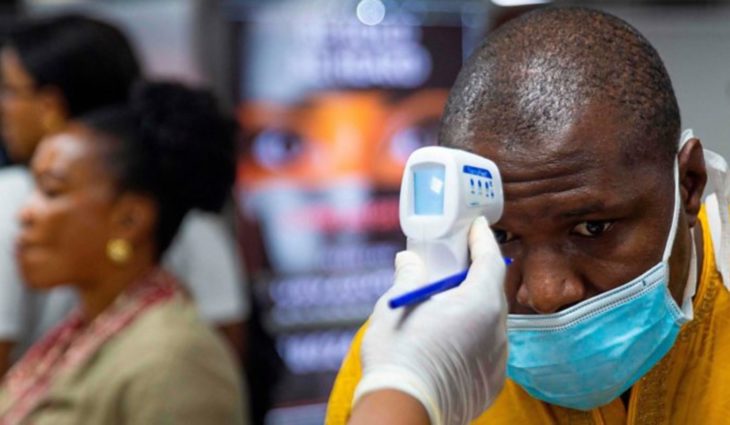
Source: BBC
No one can say this for sure, but there’s currently no evidence confirming that a pet cat or dog can pass on the Covid-19. Right now, most of the global outbreak is driven by transmission between humans. Still, you should make a habit of washing your hands after touching your pet, just in case.
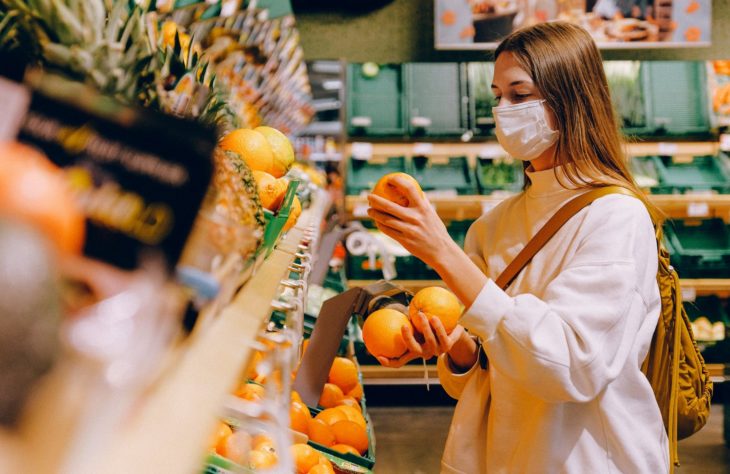
Source: Pexels
5. There’s No Cure
The thing that makes this virus scary is that we know very little about it. It spreads really fast, and there aren’t medicines or vaccines for it. Antibiotics don’t work with viruses, so there’s no cure. Most people get better on their own, and the only treatment is to help relieve the symptoms of the infection.
Right now, numerous countries work on developing and testing vaccines and drugs that would help prevent the spread or reduce the fatality of this virus.
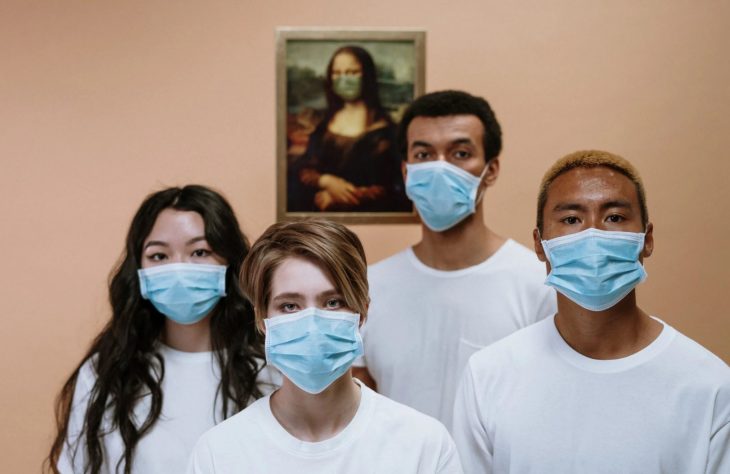
Source: Pexels
As I mentioned before, some people are more likely to develop the virus, not to get more severe symptoms. Males are affected more often, at least in the place where the virus originated – China. There’s still no explanation for it.
People who have underlying medical conditions like hypertension, diabetes, and heart disease, or any lung issues, are at a higher risk. If you fall into these categories, you need to be extra careful.
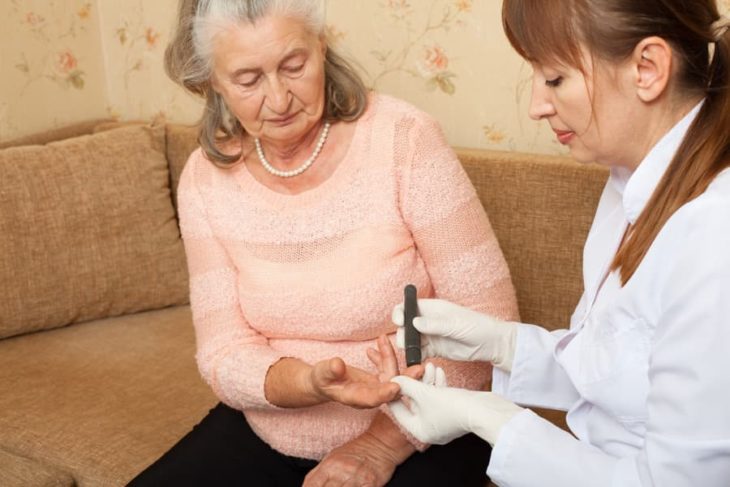
Source: Medium
7. It’s Safe to Eat Chinese Food
Eating Chinese food is as healthy as eating any other food. Yes, the virus began to spread in China, but it’s very unlikely to survive long on surfaces like cups and plates. Even so, you should try and avoid consuming ordered food at this point and cook at home.

Source: Eater NY
8. You Can Protect Yourself
There are ways to keep yourself safe and reduce the chances of catching the virus significantly. It is equally as essential to keep others safe if you have it. Here are some tips:
- Avoid touching your nose, mouth, and eyes
- If you’re sick, stay home
- Cover your sneezes and coughs with a tissue
- Clean the surfaces and objects that are frequently touched
- Wash your hands very often and use hand sanitizer
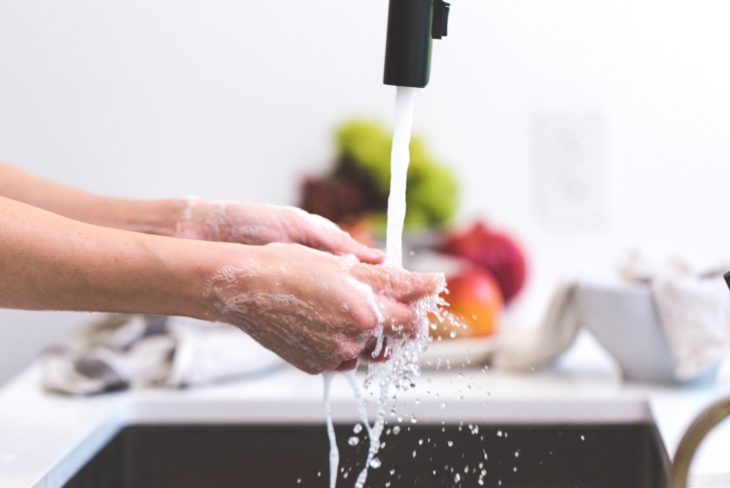
Source: Pexels
9. Face Masks aren’t Very Useful
Many people wear face masks with an attempt to prevent getting the disease. Some even try to profit from selling them. But the truth is, there’s little evidence that these masks work. Some experts believe that the masks won’t prevent you from catching the virus, but may help prevent you from spreading it to others.
Even so, some measures are better than no measures. After all, if you come in contact with an infected person, the mask will prevent the droplets from reaching your face directly.
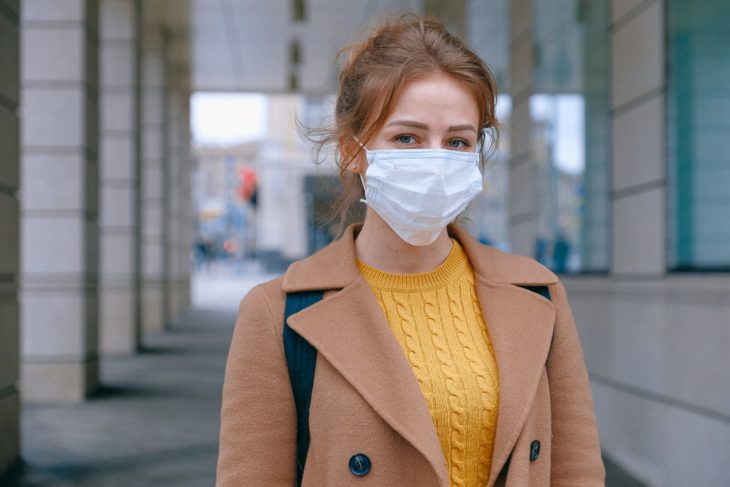
Source: Pexels
10. Garlic and Booze Aren’t a Cure
Don’t bother consuming garlic or alcohol to prevent catching the virus. None of these will protect you – it’s just a myth.
The Coronavirus might not be as deadly as some make it be, but it’s still not a good thing. There’s little known information about it and no cure. This is why we should all do our best to prevent it from spreading.
